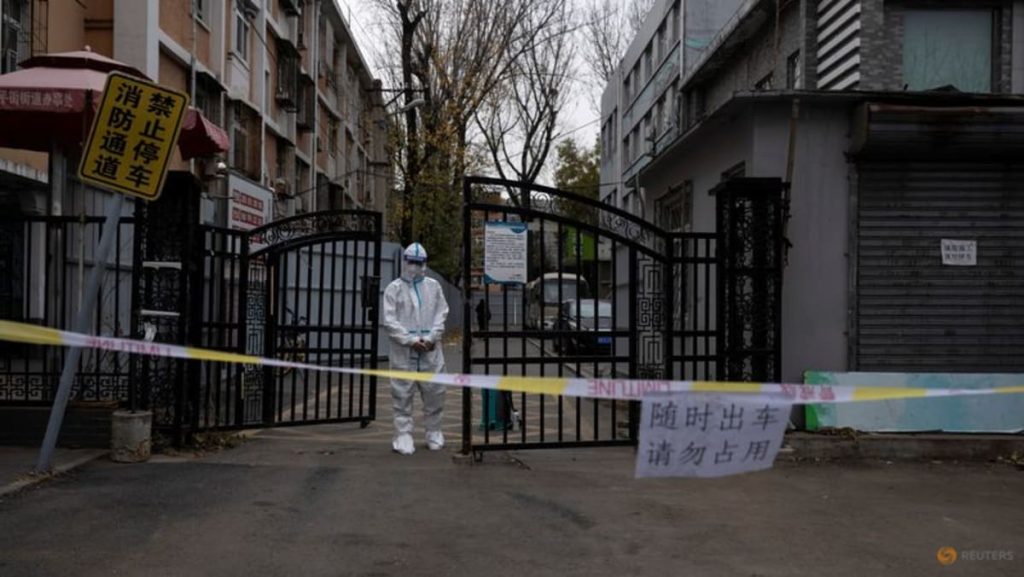The World Health Organization (WHO), on the fifth anniversary of the initial COVID-19 outbreak notification, reiterated its call for China to provide transparent data and access to crucial information regarding the pandemic’s origins. The organization emphasized that understanding the genesis of COVID-19 is not merely a scientific pursuit but a moral imperative, vital for preventing future global health crises. The pandemic’s impact has been profound, resulting in millions of deaths, widespread economic disruption, and a significant strain on healthcare systems worldwide. The WHO’s appeal for cooperation underscores the critical need for international collaboration and data sharing to effectively combat future threats to global health security.
The WHO’s statement recounted the initial detection of the outbreak. On December 31, 2019, the WHO’s China office noted a media statement from Wuhan health authorities reporting cases of “viral pneumonia.” This seemingly localized event quickly escalated into a global pandemic, profoundly altering the course of history and impacting every facet of human life. The WHO’s reflection on this anniversary serves as a somber reminder of the immense human cost of the pandemic, both in terms of lives lost and the ongoing suffering experienced by those affected by COVID-19 and its long-term consequences.
The organization’s emphasis on transparency and data sharing stems from the understanding that identifying the source of the virus is crucial for developing effective prevention and control strategies for future outbreaks. Without a clear understanding of how the pandemic began, the international community remains vulnerable to similar events. The WHO’s call for cooperation highlights the importance of a unified global response to health crises, recognizing that infectious diseases transcend national borders and require international collaboration to effectively mitigate their impact.
The WHO’s statement also served as an opportunity to express gratitude to healthcare workers worldwide. Their tireless efforts and sacrifices on the front lines of the pandemic were instrumental in saving lives and mitigating the virus’s spread. The organization acknowledged the immense burden placed on healthcare systems and the dedication of those who worked tirelessly under challenging circumstances. This recognition underscores the vital role of healthcare professionals in protecting global health and the need for continued support and investment in healthcare infrastructure and workforce development.
Looking forward, the WHO stressed the importance of learning from the COVID-19 pandemic to build a healthier future. This includes strengthening global surveillance systems, enhancing pandemic preparedness plans, and investing in research and development for new diagnostics, treatments, and vaccines. The pandemic exposed vulnerabilities in global health security and highlighted the need for a more robust and coordinated international response to future threats. The WHO’s call for cooperation and transparency is a critical step towards building a more resilient global health architecture.
The ongoing investigation into the origins of COVID-19 remains a complex and challenging endeavor. The WHO has repeatedly called for greater cooperation from China in providing access to data and facilitating further investigations. This transparency is essential not only for understanding the specific circumstances of this pandemic but also for developing a broader understanding of the factors that contribute to the emergence and spread of zoonotic diseases. The WHO’s persistent calls for cooperation reflect the organization’s commitment to uncovering the truth about the pandemic’s origins and using this knowledge to prevent future tragedies. The five-year anniversary serves as a poignant reminder of the global impact of the pandemic and the urgent need for international collaboration to safeguard global health security.

